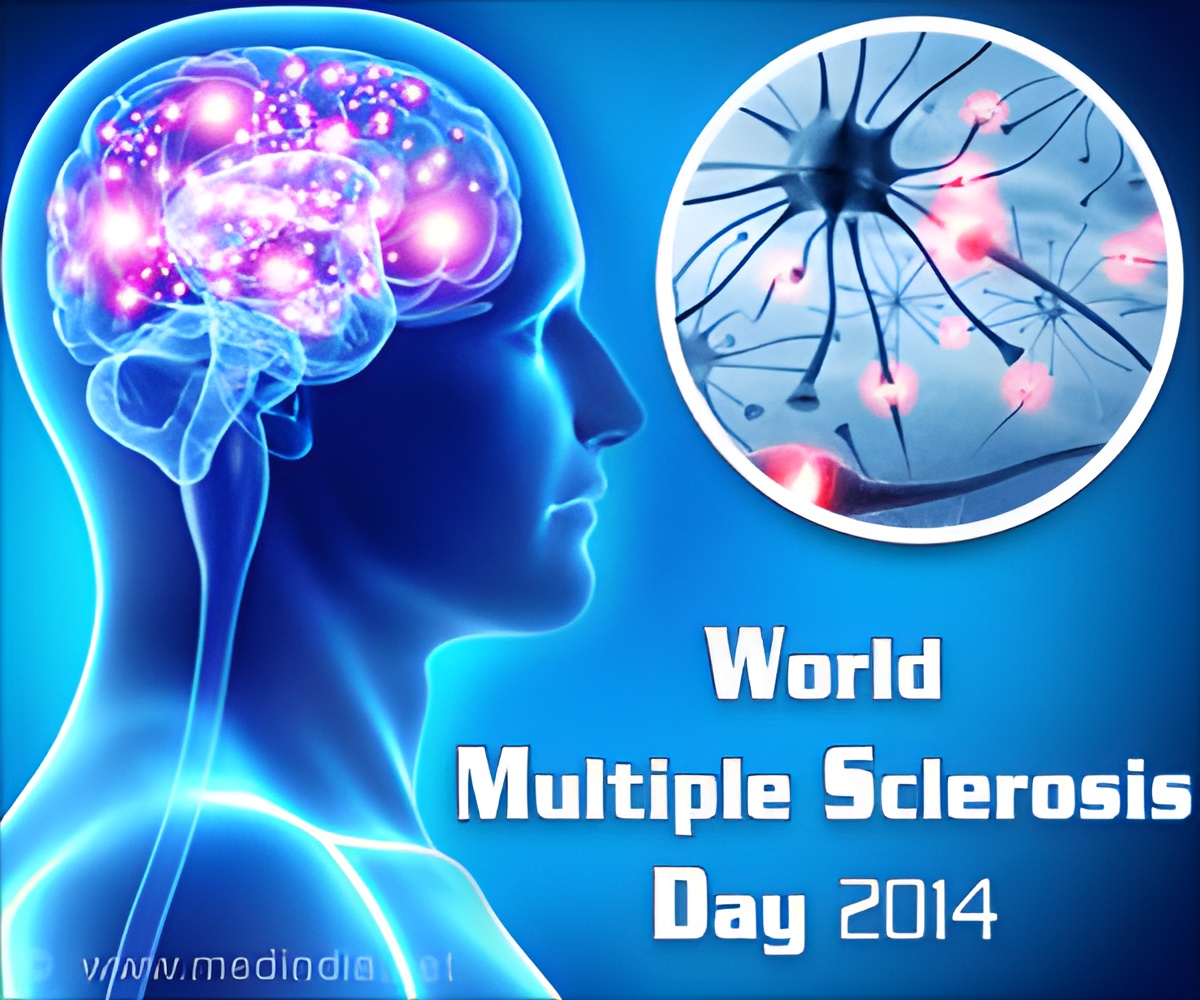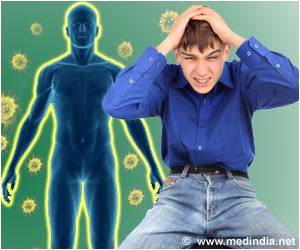World Multiple Sclerosis Day 2014 with its theme ‘Access’ aims at raising global awareness on Multiple Sclerosis, the disease affecting young adults, and improving the quality of life of MS sufferers.

The theme for this year is “Access”, the aim being to access health care, work or educational opportunities or support groups, breaking the barriers the disease brings in. The access can also be to reach out for drugs, information and treatment of the condition. People can share their wishes by completing the tagline “One day, I will …” and sharing across the social networks.
Unlike many other diseases and conditions, diagnosis of Multiple Sclerosis is not straightforward as the symptoms and signs are very vague. The symptoms may occur sporadically, with relapses and remissions, or may be progressive.
Fatigue is the most common symptom of MS, occurring possibly due to structural abnormality in the brain with demyelination (damage to the protective covering of the nerve cells) and axonal loss. Other symptoms include cognition and emotional changes, bladder and bowel control problems, sexual dysfunction due to sensory loss, loss or blurring of vision and movement and coordination problems.
The types of pain found in patients with MS include headache, back pain, musculoskeletal pain, facial pain or trigeminal neuralgia, painful tonic spasms, continuous burning pain in the extremities and many others.
Help for patients with Multiple sclerosis is available worldwide and in many forms. One can go for disease modifying treatments that aim to prevent or reduce the relapses of MS, treating symptoms with drugs such as immunosuppressants, rehabilitation and physical therapy and alternative therapies.
With the onset of MS, affected persons need to accept the challenges posed by the condition and change to healthy lifestyle habits like eating and exercising well. A well-balanced diet is recommended, with low-fat and high fiber. Regular exercise helps to improve strength, overcome fatigue and also stabilize mood. Stretching, low impact aerobics, strength training, etc can be done after consulting the doctor.
References:
1. http://worldmsday.msif.org/
2. http://www.msif.org/about-ms/
Source-Medindia














